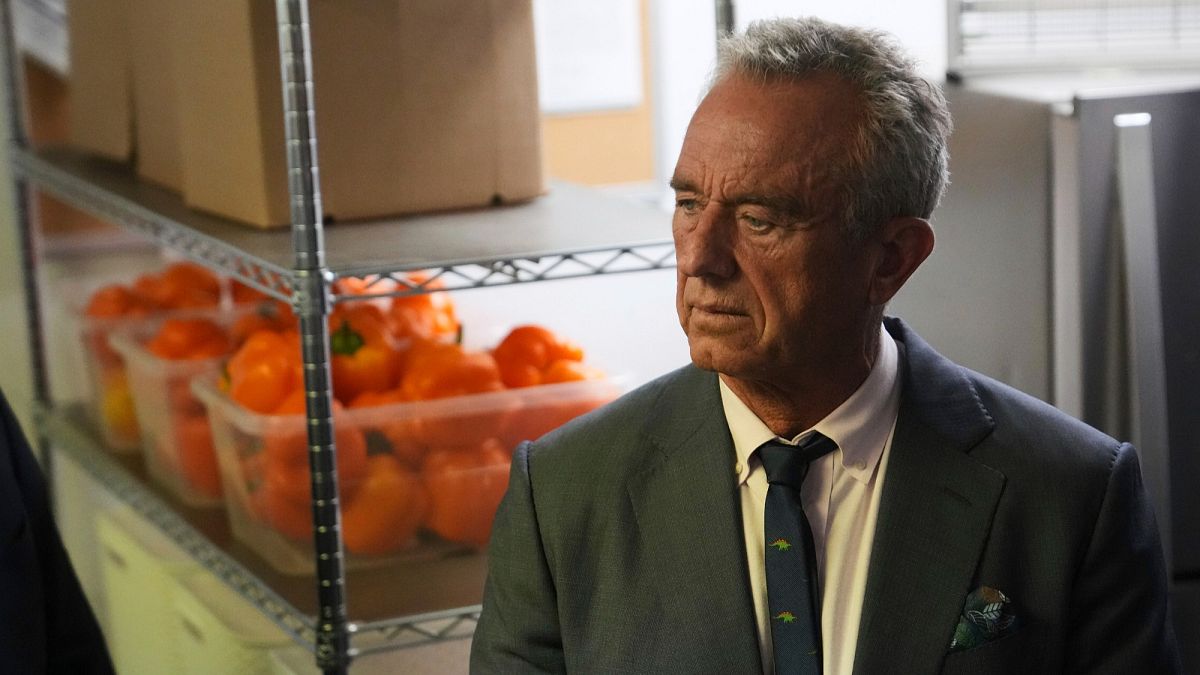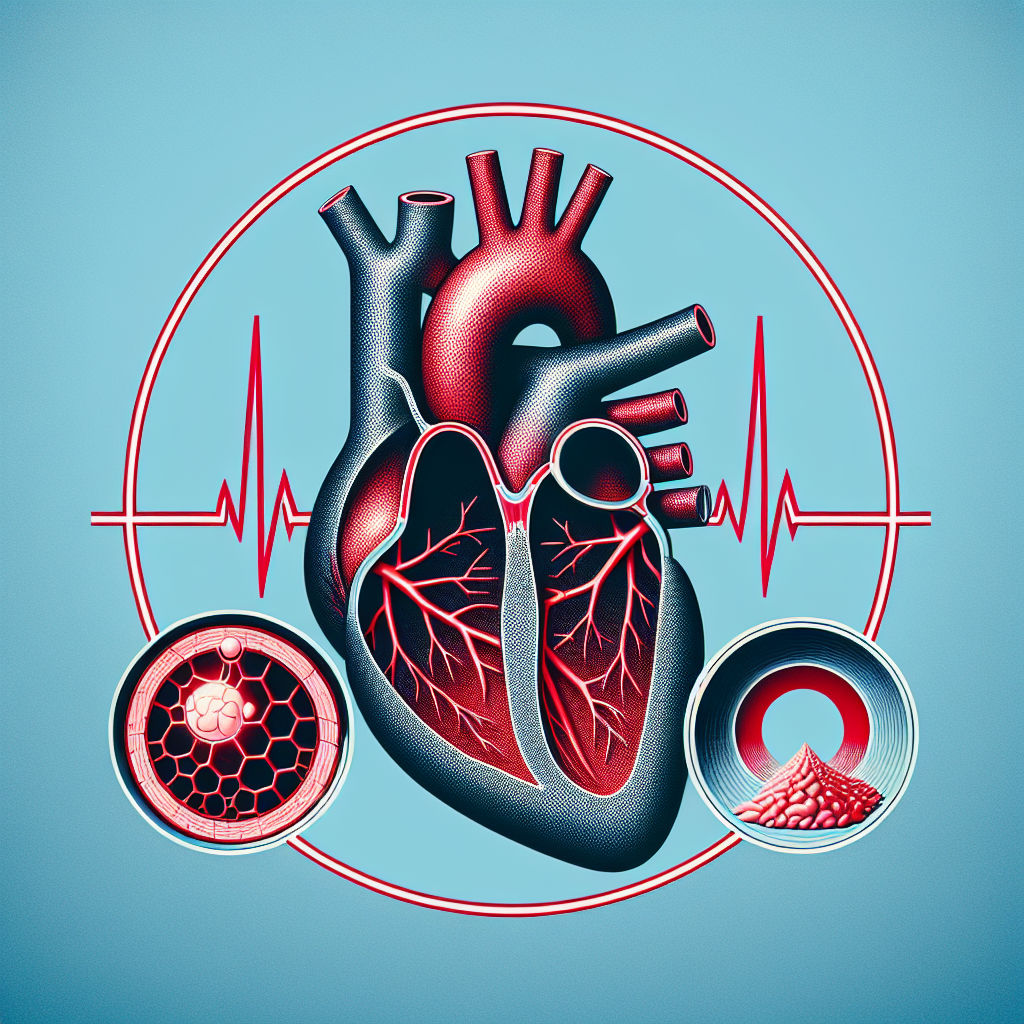US health chief Robert F Kennedy Jr often points to European standards on his quest to Make America Healthy Again (MAHA). the United States has “one thousand ingredients in our food that are illegal in Europe” and singled out Belgium’s signature fries in a extolling the benefits of cooking with beef tallow, or rendered beef fat. But Belgium’s friteries aren’t exactly following health guidance when they cook their fries in “blanc de boeuf”.
Along with other European countries, Belgium recommends replacing animal fats with olive oil and vegetable oils full of , including corn, rapeseed, and sunflower oils. “Beef fat is rich in saturated fats which is not good for the cardiovascular health,” Belgium’s public health agency told Euronews Health. Kennedy’s pro-European message is sometimes at odds with his boss, US President Donald Trump, who said last month that are superior to other countries’.

RFK Jr may have a point. While the US and European Union both have strict food regulations, the EU tends to take a more cautious approach on things like infant formula and food dyes, which have both been in Kennedy’s crosshairs. On other issues, though, the US health leader doesn’t quite see eye to eye with his European peers.
Euronews Health contacted key health agencies from every EU country as well as the United Kingdom, Switzerland, Iceland, Liechtenstein, and Norway, to ask their scientific opinion on a wide range of issues that Kennedy has raised since his ascent to the top of the US health department. We heard back from 13 of them – Belgium, the Czech Republic, Denmark, Estonia, Finland, Germany, Ireland, Luxembourg, Norway, Slovakia, Slovenia, Sweden, and Switzerland – as well as the EU agencies for public health, food safety, and medicines regulation. Here’s where they stand on key planks of the MAHA agenda – including ultra-processed foods, measles vaccines, bird flu, antidepressants, and the link between cell phones and young people’s mental health.
Kennedy says Americans are being “poisoned” by such as sweet cereals and fast food, which often contain high levels of salt, fat, and sugar. Kennedy views them as a key culprit behind the US “epidemic” of chronic diseases like obesity, diabetes, and autoimmune disorders. “No other country has anything like this,” Kennedy said in January, referring to the US’s 40 per cent obesity rate.
Obesity rates are lower but Most countries surveyed agreed that diets high in sugar, salt, and fat are part of the problem – though authorities from Sweden, Belgium, and Norway pointed out that not all processed foods are bad, for example staples like bread or healthy cereals. “A healthy and balanced diet can help prevent these widespread diseases or positively influence their progression,” Germany’s food and agriculture ministry said. Estonia’s social affairs ministry said it was updating its rules around school meals to cut out some ultra-processed foods, while the Czech Republic’s health ministry said it is “actively working” to help bring down their consumption.
According to Ireland’s health department, it’s not yet clear whether the health issues linked to ultra-processed foods are due to the processing itself or because these foods tend to be high in calories, saturated fats, salt, or added sugars. The country is working on a new policy to tackle obesity next year, with restrictions on unhealthy food marketing and incentives for healthier eating on the table. Kennedy has called out added sugars in infant formula and artificial food dyes in the US.
One of his key targets is tartrazine, a synthetic yellow dye known as Yellow 5. In the EU, tartrazine can be used in only a handful of foods, such as processed cheese and canned vegetables. It is also one of six food colourings that the UK’s food safety agency says may cause “increased hyperactivity in some children”.
Foods containing those dyes must come with a warning label in the UK. When it comes to baby formulas, EU rules favour lactose, a naturally occurring sugar found in breast milk, over corn syrup and other added sugars commonly found in US formulas. The US allows several other food additives that Europeans won’t find on their supermarket shelves, partly due to a rule that has allowed manufacturers to introduce new food chemicals without clearance from regulators.
That’s what Kennedy wants to change, complaining in January that compared to Europe, the US “looks at any new chemical as innocent until proven guilty”. Amid a major measles outbreak that has killed three people in the US this year, Kennedy said this week that the measles vaccine is the “most effective way” to prevent infections. But the endorsement came weeks after he hailed vitamin A as an effective treatment against measles and of vaccines.
“I would compare [the outbreak] to what’s happening in Europe now,” Kennedy told journalists this week, referencing an in parts of Europe and Central Asia and describing the US response as a “model for the rest of the world”. Several countries pointed to World Health Organization (WHO) guidance that says vitamin A can help certain measles patients, but noted that because vitamin A deficiency is rare in Europe, it may not apply to infected kids there. The surveyed countries universally recommend that children , with Luxembourg’s ministry of health and social security saying “vitamin A can never replace the need for vaccination”.
Switzerland’s authorities added that parents should “understand the risks for their children when they leave them unvaccinated and thus unprotected from a sometimes deadly disease with no real treatments available”. But have fallen in several European countries in recent years, and “restoring confidence in the safety and effectiveness of vaccination” is critical, Slovakia’s public health authority said. Avian influenza is spreading in US dairy cattle and wild birds, and experts fear it could pose a Kennedy said that instead of culling birds when they are infected, farmers should consider letting the virus “run through the flock so that we can identify the birds, and preserve the birds that are immune to it”.
Asked whether this approach might be on the table in the EU, a spokesperson for the European Food Safety Authority (EFSA) said it “has never made such a recommendation”. Bird flu is on the list of diseases that would have a “large impact” on animal and human health if left uncontrolled, the EFSA spokesperson noted. EU law mandates that infected animals are None of the national agencies contacted by Euronews Health said it would be a good idea to allow the virus to spread among infected animals either.
According to Estonia’s social affairs ministry, the idea is “not practical or ethical”. Meanwhile, Switzerland’s agencies warned that authorities should move quickly to stamp out infections because “the more the bird flu virus is able to circulate freely, the greater the likelihood that it will mutate and adapt to other species or to humans”. In February, Trump ordered Kennedy to investigate the “threat” posed by several medicines, including the class of known as selective serotonin reuptake inhibitors (SSRIs), antipsychotics, mood stabilisers, stimulants, and Kennedy has suggested that antidepressants are as hard to quit as heroin.
European countries said they are generally not worried about medicines that have been approved, including those on Kennedy’s list, though they stressed the importance of regular safety monitoring. But a few countries raised specific concerns. The Czech health ministry, for example, warned against the “overuse of these medications, especially in those who do not need them,” while Luxembourg’s health and social security ministry said it does extra surveillance to identify the misuse of weight loss drugs and psychostimulants.
In Finland, officials said anti-obesity medicines should for people who have tried to lose weight through diet and exercise and whose health is at risk from obesity. Estonia’s authorities, meanwhile, are worried about the use of psychostimulants – particularly the medication methylphenidate, commonly known as Ritalin. Belgium was the most concerned.
The public health agency there said many people take antidepressants, benzodiazepines, and other mental health drugs over a long period of time without being properly assessed or monitored, which is “alarming” and “clearly a public health issue”. Kennedy supports calls to , citing their impact on children’s mental health and raising concerns that phones “produce electromagnetic radiation” that can cause cancer. Several countries are also worried about and mental health.
The Czech health ministry pointed to anxiety, poor sleep, and less socialisation as consequences of , while Slovenian officials said poor mental health is a “growing problem” tied to the devices. Norway’s government was more nuanced, saying it’s difficult to disentangle how phones, digital media, and other social trends are affecting young people. Notably, most countries said they had no evidence to support the idea that cell phones A few pointed to a WHO conclusion that exposure to radio waves from mobile phones over a long period of time is “possibly carcinogenic to humans” – though they all stressed that the findings are far from conclusive.
“Although many studies have since been conducted, there are still no results that collectively confirm or deny a carcinogenic effect,” Denmark’s health authority said..
Health

Measles, beef fat, and bird flu: What Europeans say about RFK Jr’s Make America Healthy Again agenda

European health authorities agree with Donald Trump’s health secretary on some big picture issues - but not on all the details.















